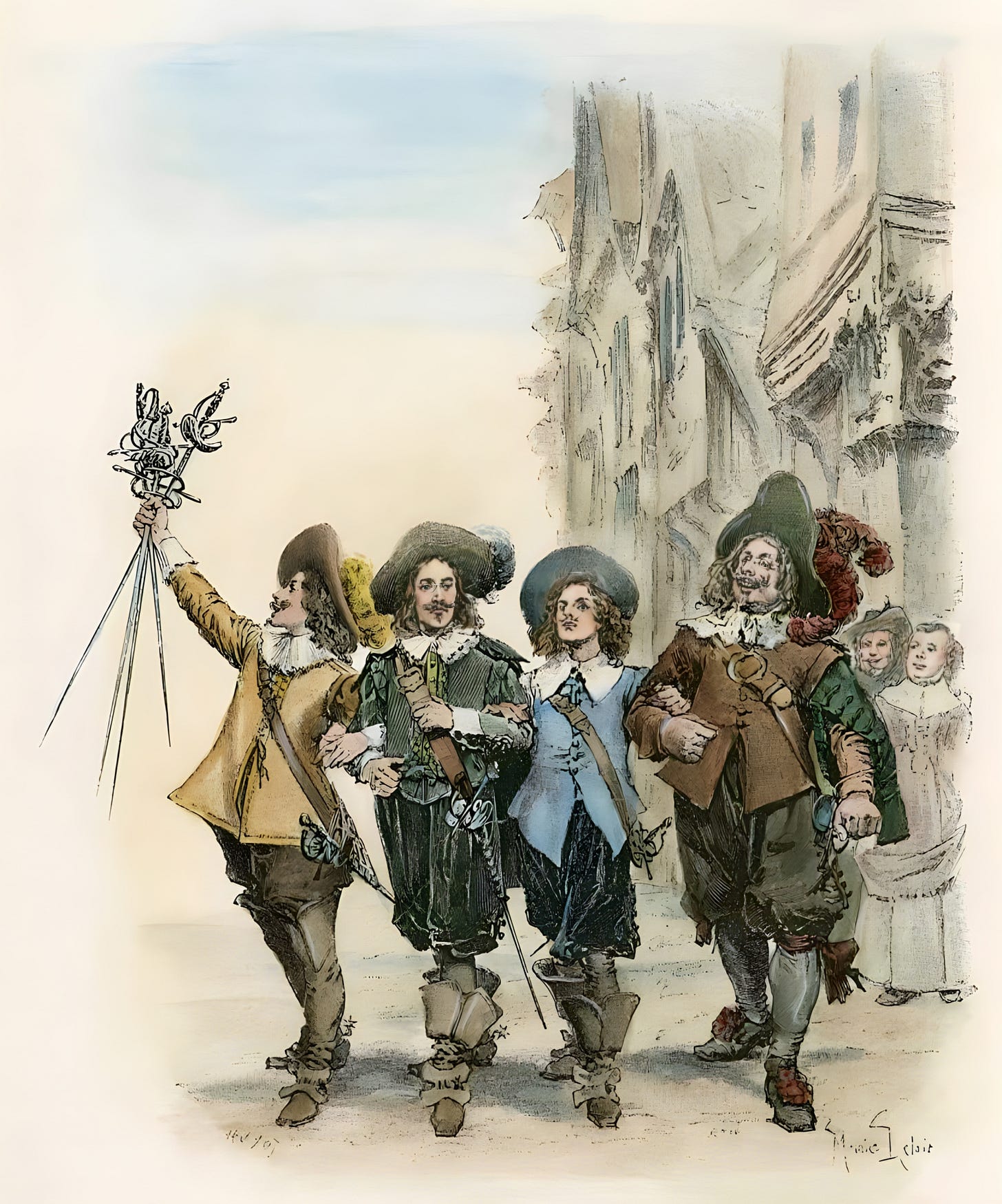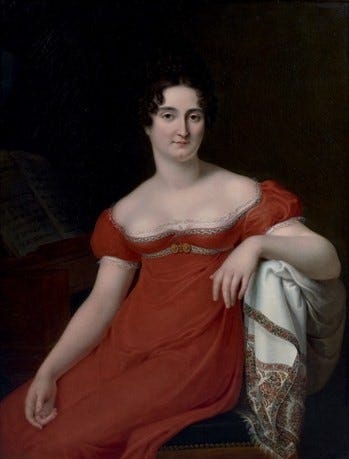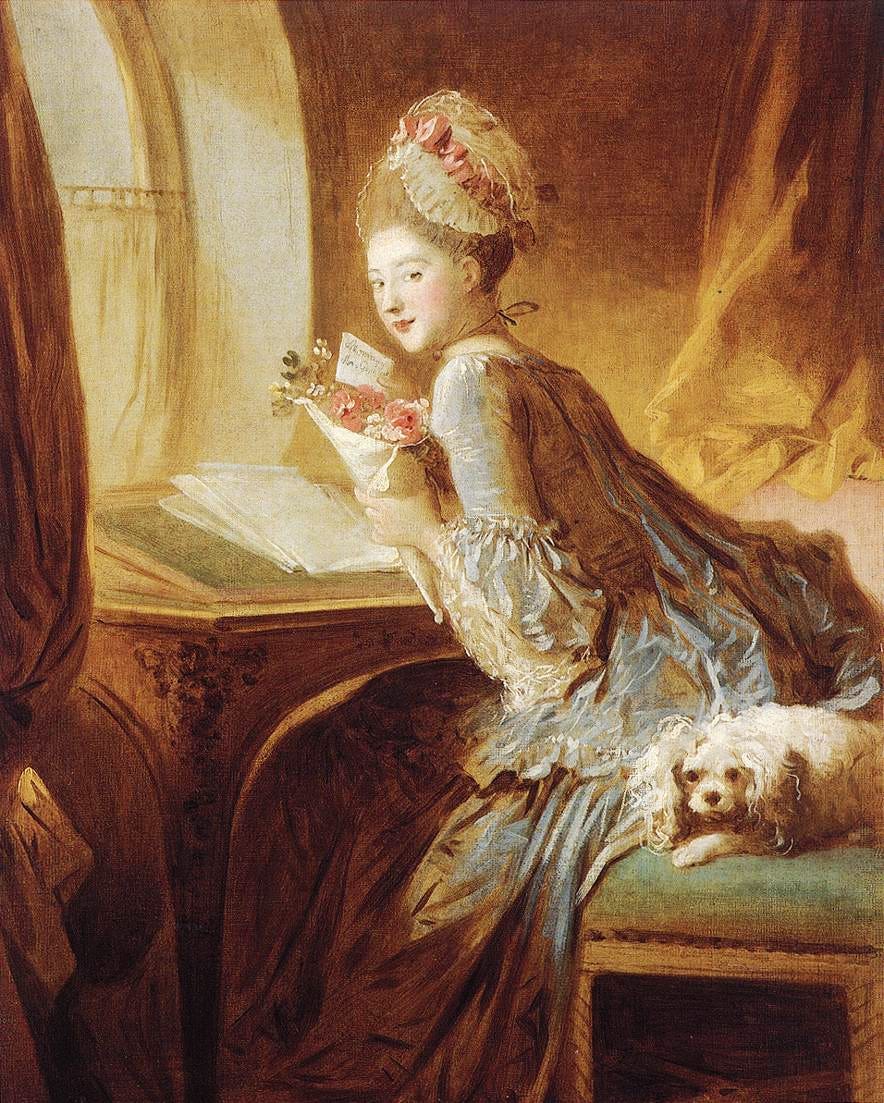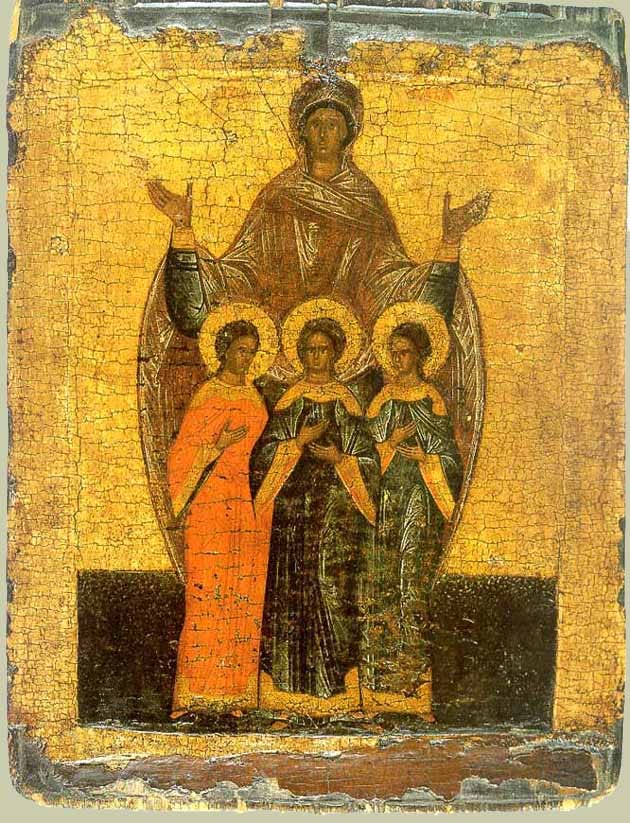Welcome to week 23 of War and Peace 2024. This week, we have read Book 2, Part 5, Chapters 13 – 19.
Everything you need for this read-along and book group can be found on the main War and Peace page of Footnotes and Tangents. There you will find:
The reading schedule with links to daily chat threads for each chapter.
Weekly updates like this one.
These resources are free for all, thanks to the generosity of paying subscribers who support my writing and this slow book group. Paid supporters have access to All Tolstoy’s parties: every ball and banquet, reviewed, rated and ranked. You can also start your own discussion threads in the chat area. Thank you so much for your support!
This is a long post, and your email provider may clip it. It is best viewed online here.

This week’s theme: A dramatic interlude
We haven’t had a poll in a long, long time. So, here’s one:
This is probably the hardest week to read slowly, even if there is exquisite pleasure in eking out the drama. Each chapter ratchets up the tension and leaves us hanging.
For me, this episode reads like a novel within a novel, a sensationalist penny dreadful or a cloak-and-dagger swashbuckler smuggled into Tolstoy’s great work of realism. Each character is written a little larger than normal, their emotions and actions painted in bigger, bolder brushstrokes.
No wonder this section became its own musical: Natasha, Pierre and the Great Comet of 1812.
One of the main attractions of War and Peace is that Tolstoy plays with so many different genres. It is an epic war story, a realist character study. It contains gothic chapters, a comedy of manners, satire and fantasy. There are letters, diary entries and essays along the way.
‘What is War and Peace?’ Tolstoy wrote in 1868. ‘It is not a novel, even less is it an epic poem, and still less an historical chronicle. War and Peace is what the author wished and was able to express in the form in which it is expressed.’
So, if this section calls for melodrama, that is what Tolstoy decides to write. In fact, at times, it feels as though Anatole and Dolokhov have wrestled the pen off Lev and begun to print their own potboiler.
The rake, the cad, the libertine, were stock characters of eighteenth-century literature. Sometimes, they were rebellious heroes, but often, they were violent men who could only be reformed by a virtuous woman. This appears to be Dolokhov’s fantasy when he falls in love with Sonya.
Anatole takes Anatole very seriously. Too seriously. So Tolstoy makes him ridiculous: strutting around in his jaunty hat, admiring his reflection, and making solemn speeches. So he denies Anatole the sword fight, the swift getaway, the horse chase on the open road. Hiding from policemen, sleeping out under the stars.
Instead, our writer brings everything back down to earth with the solid form of a gigantic footman called Gavrilo. ‘Who are you?’ Anatole exclaims. Gavrilo is here to put a stop to all this nonsense and take us back to the realism at the heart of War and Peace.
Chapter 13: Den of Iniquity
Count Rostov chaperones his daughter at Helene's party, planning to leave as soon as Mademoiselle Georges' performance is over. But Natasha insists on staying. She dances with Anatole and, left alone in a small sitting room, he kisses her. She leaves with her father, not staying for supper, returning home to a sleepless night filled with terrible questions.
Natasha • Count Rostov • Hélène • Anatole
First thoughts
For me, this is one of the most chilling chapters of War and Peace. Hélène’s gathering makes me think of a glitzy showbiz cocktail party with all the seediness that goes with it. Debutantes like Natasha are made to feel honoured to be there and grateful for the opportunity. But the event sanctions exploitative behaviour and abuse.
Natasha comes to the dreadful conclusion that she must love Anatole. 'Else how could all this have happened?' Tolstoy conveys how a victim of assault feels complicit and how the clear line of consent becomes confused. The theme is strikingly modern and prescient but also universal and timeless.
Spotlight on Ilya Rostov (1/2)
I am in two minds about the count’s behaviour. He read the warning signs, noted the bad company, and resolved to get them both out of there as quickly as possible. He is often clueless about life but seems aware of the dangers here. In a deft little moment, he sits down on the chair Anatole has prepared for himself. But ultimately, he doesn’t do enough. Or does he? As a father, I find it a torment to watch Rostov vacillate, and I wonder what I would have done differently in his place.
What’s your opinion of Count Rostov in this chapter?
‘What am I to do if I love him and the other one too?’ What advice can you give to Natasha?

Mademoiselle Georges
'How beautiful she is!' Natasha remarked to her father, who had also risen and was moving through the crowd towards the actress.
Mademoiselle Georges was Marguerite Georges, born Marguerite-Josephine Weimer, one of the most famous stage actors of her day. She had affairs with Napoleon, Tsar Alexander and the Duke of Wellington. You can read her memoirs in English online.
She was active on the Russian stage between 1808 and 1812, touring Europe after the war and returning to France. In Russia, her rival for the audience’s attention was Ekaterina Semenova, who appeared on stage at the opera in last week’s chapters.

Chapter 14: Ghostwritten
The next day, Natasha receives two letters. The first is a despairing message from Marya, tormented by the thought that Natasha thinks she doesn’t like her. The second is a love letter from Anatole, ghostwritten by Dolokhov. ‘My fate has been sealed: to be loved by you or to die.’ Meanwhile, Marya Dmitrievna advises Natasha to return to Otradnoe and await Andrei there.
Natasha • Marya Bolkonskaya • Marya Dmitrievna • Count Rostov
Have you ever written something on someone else’s behalf?

Chapter 15: The storm of Sonya
Sonya finds Anatole’s letter and asks Natasha about it. They argue and afterwards, Natasha writes to Marya to inform the Bolkonskys of her wish to be free of her engagement to Andrei. She meets Anatole again and Sonya begins to suspect that Natasha is planning to elope with Kuragin. She vows to guard the passage to protect Natasha and the family’s honour.
Natasha • Sonya • Anatole • Count Rostov
Sonya the wise
Here is a rare chapter from Sonya’s point of view. Her name means ‘wisdom’, and self-sacrifice is her ‘most cherished idea’. Her sense of self has grown around a love and loyalty for the Rostovs in general and Nikolai in particular. This is her idea of love. So when Natasha says, ‘You don’t know what love is…’ Sonya is too good to say, ‘You don’t know the meaning of the word.’ Anatole manipulates Natasha into feeling she is falling in love in the space of three days. Even a year of Andrei’s love seems short compared to Sonya’s long vigil. And now, in lieu of a dragon or a knight in shining armour, Sonya stands guard against intruders.
Does Natasha know what love is? Why does she think she is in love with Anatole?

Chapter 16: Wild wild horses
Anatole is living with Dolokhov in his man cave, resplendent with bearskins, weapons and Persian rugs. He, Dolokhov, has arranged everything for Natasha’s abduction but still tries to talk Anatole out of this ‘dangerous’ and ‘stupid business.’ A troika driver called Balaga arrives, and Anatole instructs him to ride the horses ‘to death’ forty miles out of Moscow, where Anatole will wed Natasha.
A cunning plan
OK, you know your idea is a bad one when Fyodor ‘let’s tie a policeman to a bear’ Dolokhov tries to talk you out of it. But ‘dull-witted’ Anatole repeats his flawless logic a hundred times: Everything will be fine because I’ve got very fast horses.
Dolokhov and Sonya find themselves pitted against each other in assisting and preventing Natasha’s abduction. In a parallel universe, this couple got married in Book Two and Sonya made Dolokhov a reformed man. Without Dolokhov at his side, Anatole wouldn’t stand a chance. So we’re here because Sonya told him no.
What is the role of Balaga in this chapter?
Why does daredevil Dolokhov try to talk Anatole out of his plan?

Chapter 17: The prince of fools
Anatole puts on a jaunty sable cap and says his farewells. Dolokhov fetches a cloak for Natasha, and they all head to the Rostovs. A maidservant lets Anatole in, but Gavrilo, the gigantic footman, bars his path. We have been betrayed, shouts Dolokhov as the two make a hurried and desperate escape.
I would have gotten away with it…
Anatole’s dastardly deeds are obstructed by a gigantic footman. I swear Anatole wrote these chapters himself, cribbed from a third-rate novel, casting himself in the romantic lead. He gives himself a solemn speech ahead of a… kidnapping. He says his farewells to men… he’s not actually leaving behind. His silver belt and sable cap can’t disguise the fool inside the fur coat.
But in the end, it is not Anatole who holds our attention. His thoughts are only interesting to himself. Rather, the reader would like to know much more about Gavrilo and Natasha’s anonymous maidservant.
Yiyun Li in Tolstoy Together:
The unnamed maid assisting Anatole in seducing Natasha: What moved her to do so? Is it money he offers, or her unbending loyalty to Natasha’s wishes? Or something that defies logic and interpretation, as in life when we revisit an event we often say: I don’t know why I did that. Not knowing the maid as a reader, not knowing if she knows her own mind—often I come back to the character, and think: How you are like many people I encounter; how you are also like me.
What is the maidservant’s backstory? Why did she help Anatole and Natasha?
Tolstoy does not let Anatole succeed. What might this tell us about his approach to storytelling?
Chapter 18: The Countess and the Dragon
Marya Dmitrievna had found Sonya in the passage and intercepted the note to Natasha. After thwarting the abduction, she chastises Natasha in the strongest terms. She resolves to keep the news from the count to avoid a duel, and Natasha sinks into despair. When the count returns, he sees something has happened but decides to accept Marya Dmitrievna’s explanation that Natasha has been ill.
Marya Dmitrievna • Natasha • Count Rostov • Sonya
Spotlight on Ilya Rostov (2/2)
The count is so passive throughout these chapters. And yet, Tolstoy writes him in such a way that I see and understand him completely:
From the pretence of illness, from his daughter’s distress, and by the embarrassed faces of Sonya and Marya Dmitrievna, the count saw clearly that something had gone wrong during his absence, but it was so terrible for him to think that anything disgaceful had happened to his beloved daughter, and he so prized his own cheerful tranquility, that he avoided inquiries and tried to assure himself that nothing particular had happened, and he was only dissatisfied that her indisposition delayed their return to the country.
Is Marya Dmitrievna a sympathetic character in this chapter? Why do you think she responded the way she did? And was it appropriate?

Chapter 19: Damage limitation
Marya Dmitrievna requests to see Pierre and tells him the situation in confidence. Pierre struggles to understand but agrees to get Anatole to leave Moscow to prevent a duel with Andrei, Nikolai or the count. The count still knows nothing. Pierre tells Natasha that Anatole is already married. Unable to speak, she makes a sign for everyone to leave her alone.
Pierre • Marya Dmitrievna • Anatole • Sonya • Count Rostov • Natasha
The all-seeing eye
Here is a fine example of omniscient narration enriching the story. We read Pierre’s thoughts as he tries to understand the situation:
He could not reconcile the charming impression he had of Natasha, whom he had known from a child, with the new conception of her baseness, folly, and cruelty…
His prejudices are rooted in his love for Natasha and his hatred of his wife, making him conclude, ‘They are all alike!’ He pities Andrei and is disgusted by Natasha’s ‘cold dignity.’
He did not know that Natasha’s soul was overflowing with despair, shame, and humiliation, and that it was not her fault that her face happened to assume an expression of calm dignity and severity.
This reminds me of Natasha’s encounter with Marya, in which we see both their thoughts as they misunderstand each other. Pierre knows all about despair, shame, and humiliation. These two young people have much more in common than they realise.
Why does Tolstoy have Pierre run into Anatole before he reaches the Rostovs? What do you make of Pierre’s envy?

Tanya Behrs and the Crux of War and Peace
One of the inspirations for Natasha was Tolstoy’s sister-in-law, Tanya, the younger sister of Tolstoy’s wife, Sofia. In late 1867, Tolstoy had written half of the novel that would become War and Peace. He visited the site of the battle of Borodino in preparation for writing the climactic scenes of the second half of the book. Around this time, Tanya underwent an ordeal with an inappropriate suitor, a similar experience to that of Natasha in the novel.
Rosamund Bartlett writes1 that Tolstoy found this section of the book ‘extremely difficult to write.’
Tolstoy regarded this episode as the crux of the entire work, since it functions as a kind of mirror of Napoleon’s ‘violation’ of Russia.
At the end of 1867, he published everything he had written so far in three volumes and then began the business of finishing War and Peace. ‘The further he got into the novel, the clearer its shape became to him, and the greater his inspiration and sense of purpose.’
At this point in the story, what do you think is the purpose of War and Peace? What is this book about?
Thank you for reading
Thank you for reading and joining me on this slow read of War and Peace.
A quick reminder that this book group is entirely funded by its readers. So, if you have enjoyed this post and found it helpful, please consider a paid subscription to access the bonus reviews of all the parties of War and Peace and start your own discussion threads in the chat area. You can also donate to my tip jar on Stripe. Thank you so much for all your support.
And that’s all for this week. I would love to hear your thoughts in the comments. Have a great week, and I’ll see everyone here next Sunday for more War and Peace 2024.
In Tolstoy: A Russian Life.




At this point, I think W&P is about everything. The breadth and limits of human experience.
I found it fitting you included a poll! I haven't been as desirous to read ahead, like this, since Andrei’s “absence” after the first war section and my desperate need to know if he was really gone!
I love that I’ve still managed, all this time, to remain in the dark about this story’s plot lines so that I really did not see this one coming!